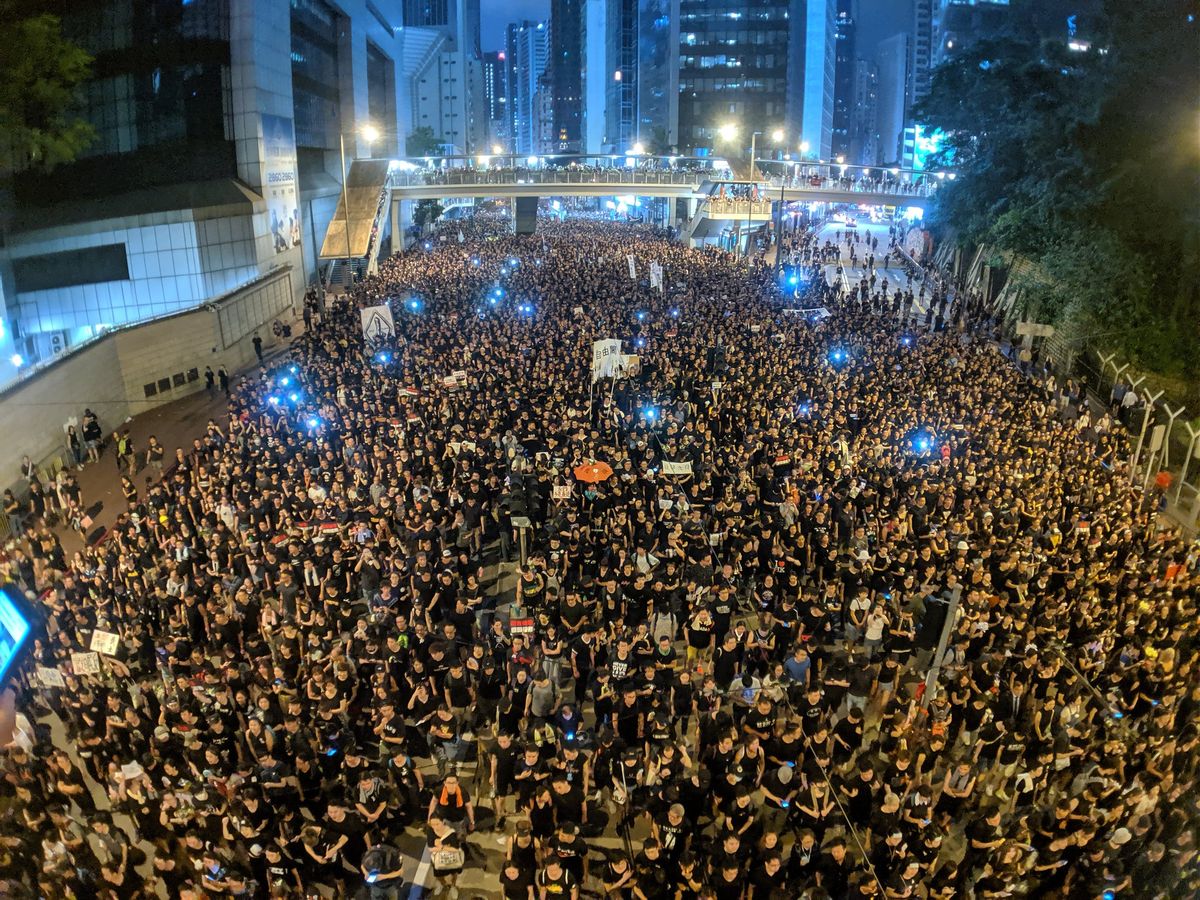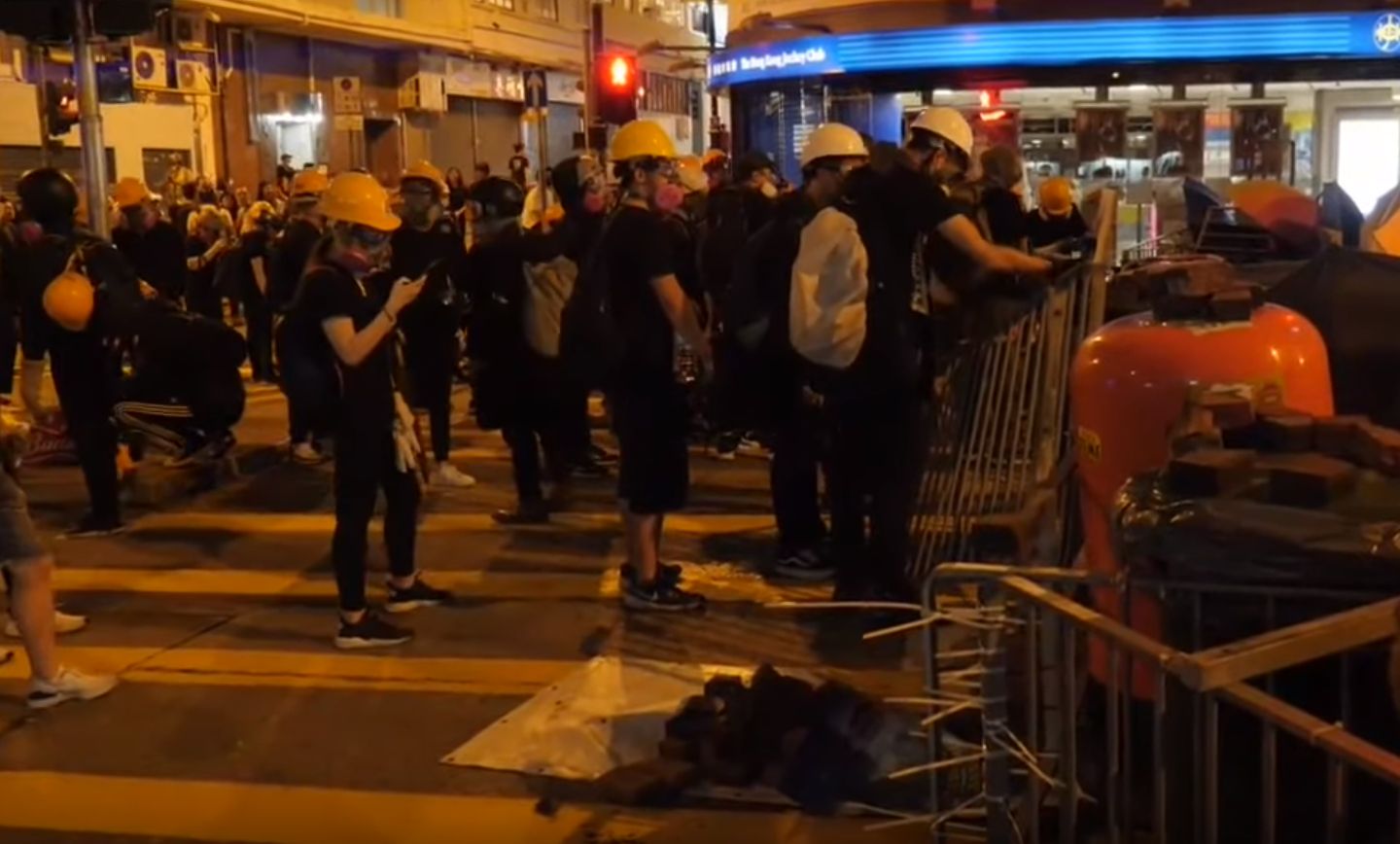The last few months have been bizarre – to say the least – for the locals of Hong Kong. 240,000 protesters marched the streets of Hong Kong to protest against the controversial extradition bill that could potentially challenge the state of semi-autonomy of the nation. From the surface, the protest looks obvious, especially to international observers. But pro-democratic protests in Hong Kong have been going on for decades, rooting from the issue of Beijing’s meddlesome behavior. To understand what is going on in Hong Kong, you first have to know how Hong Kong came to be.
History of Hong Kong and its autonomy
On the 9th of June 1898, China leased Hong Kong to the British for a term of 99 years which allowed Britain to secure the free port in the territory which was surrounded by areas that China still has control over. With Hong Kong being the last colony of the British Empire, the territory was beneficial for Britain for naval influence and trade.
Nearing the end of the lease, Britain agreed to return Hong Kong to China under a constitutional principle of “one country, two systems”. This indicated that Hong Kong would still be under the People’s Republic of China, but maintains autonomy in its administration, which includes an independent government, legal system, trade affairs, and civil liberties. This autonomy would be enjoyed by Hong Kong under its constitution, the Basic Law, for 50 years until it expires in 2047.
Why are the people of Hong Kong against the extradition bill?
If passed, the extradition bill would allow the transfer of fugitives to mainland China and other nations that Hong Kong does not have any extradition treaties with, including Taiwan. This extradition bill was proposed after Chan Tong-kai was arrested in Hong Kong for murdering his girlfriend in Taiwan. Although it was requested that Chan was to be extradited to Taiwan, there was no formal extradition treaty between the two nations. Back in Hong Kong, Chan was found guilty for money-laundering and is currently serving 29 months of imprisonment in Hong Kong.
It is feared that the law will be abused by mainland China if it was to pass, allowing Beijing to seize any fugitives for ulterior motives. Hong Kong’s lawmakers and the general public have little to no trust for the mainland’s legal system, having high concerns specifically regarding arbitrary detentions, and violations of the right to a fair trial. The passing of the bill also will blur the demarcation of the judicial independence of Hong Kong as guaranteed under the “one country, two systems” principle.
Now, these protests aren’t exactly just to oppose the extradition bill. It also marks the dissatisfaction of Hong Kongers against the mainland’s meddles in local sovereignty. For instance, Beijing has recently stopped the appointment of two pro-democracy lawmakers into Hong Kong’s Legislative Council. Article 104 of the Basic Law states that all officials must pledge allegiance to the Hong Kong Special Administrative Region of the People’s Republic of China but the two lawmakers have failed to pledge the oath properly. Consequently, Beijing ruled that these officials will face legal consequences, something that Article 104 did not mention. This allows Beijing to dictate who gets into Hong Kong’s Legislative Council or otherwise, which is a clear violation of autonomy.
What is happening to the protesters?
Protesters in Hong Kong have been met with a great deal of violence by recruited gangsters and by law enforcers as well. More than 100 mobs who were armed with steel rods and batons were seen to be hitting protesters at a train station, leaving many to be injured and bleeding on the floor. 9 has been reported to be hospitalized as well, with 5 in critical condition. Police officers fired tear gas, pepper spray, and rubber bullets in hopes to clear out protests. However, what hoped to end the protests turned out to be counterproductive, as many protesters stayed on despite efforts made by law enforcers.
The protesters are showing no signs of backing down even though they are met with high resistance by the local government and mainland China. Democracy reforms have been demanded by protesters, although Hong Kong’s autonomy after the year 2047 is still shrouded in mystery.
Reference Links : bbc.com/news/world-asia-china-37893070, ft.com/content/2063019c-7619-11e9-be7d-6d846537acab
Credit: flickr.com/photos/studiokanu/48073561361








